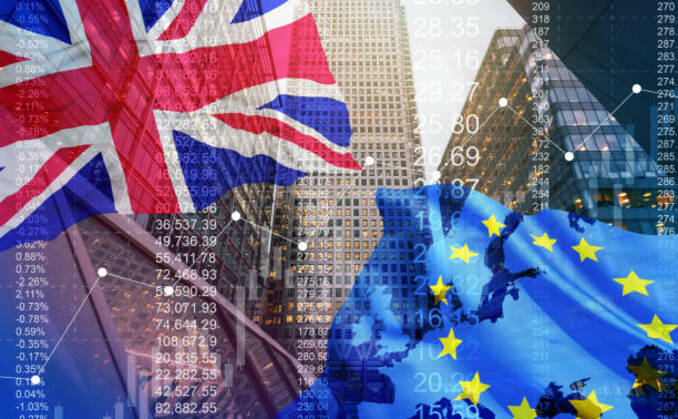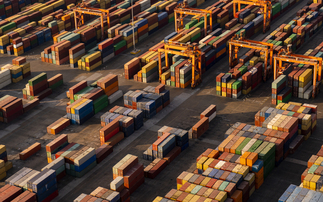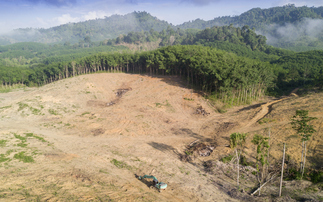Rapidly growing divergence on key environmental regulations presents challenges for businesses, think tank warns
UK companies seeking to do business across Europe will have "little choice" but to follow a wave of increasingly stringent EU green rules, as legislative divergence between Britain and its continental neighbours rapidly accelerates in the coming months.
That is the conclusion of fresh research today from the UK in a Changing Europe (UKICE) think tank, which warns the EU is now going into "legislative overdrive" to complete a number of major environmental, digital, and supply chain regulatory reforms ahead of Parliamentary elections in June.
The report warned that conversely the UK government's legislative agenda "has all but dried up" as it gears up for an expected General Election in the second half of 2024.
The situation is expected to increase post-Brexit regulatory misalignment between the UK and the world's largest single market, potentially leading to further red tape challenges and cost pressures for British firms that wish to ply their trade across Europe, UKICE warned.
Specifically, UKICE highlighted the EU's new Corporate Sustainability Due Diligence (CSDD) rules that are set to require firms to take action to avoid environmental and human rights violations in their supply chains.
The EU has also already implemented rules banning the import of products made from commodities linked to deforestation, while the UK - despite having floated similar legislative plans - is yet to finalise its own supply chain deforestation rules.
Other forthcoming environmental and sustainability rules the EU is racing to finalise in the coming months include regulations setting targets on how much packaging must be recyclable or reusable, new requirements for companies to offer repairs for - rather than replace - defective products, and a requirement for cosmetics and pharmaceuticals firms to pay for water pollution created by their products, UKICE said.
While a number of these proposed rules have been watered down during the EU legislative process, they still have major implications for businesses with an EU presence and UK firms looking to export to the bloc, UKICE warned. It said the situation would create a wide range of due diligence, production, and administrative rules that would de facto apply to thousands of UK firms due to their significant trade links with Europe.
Report author Joël Reland said the UK was "living next door to a regulatory behemoth, which it cannot afford to ignore".
"Even after Brexit, the EU remains the UK's chief export market, so British businesses have little choice but to conform with new EU regulations," he said. "The main difference is that now the UK government has no means of influencing EU policy decisions from the inside."
The situation also poses political risks for the UK, according to UKICE. Despite not being part of the EU, many of the new rules will apply in Northern Ireland under the deal brokered by Westminster, Brussels, and Dublin in an attempt to resolve the post-Brexit border issues between the UK and the Republic of Ireland.
As such, UKICE warned the situation risked stoking further tensions and political flashpoints, particularly as the NI Assembly has the power to block the application of new or updated EU legislation in Northern Ireland.
Such warnings have been raised repeatedly by environmental groups, which have argued the UK risks falling behind the EU on environmental legislation, despite the government's repeated promises to avoid any ‘backsliding' on environmental policies post-Brexit.
In February, the Institute for European Environmental Policy (IEEP) said that while the UK was moving forward with some new and tighter green regulations, it was doing so at a slower pace and sometimes with less ambitious measures than the EU.
The UK government has refuted such claims, insisting "many of our policies either equalling or going beyond EU targets", and that it remains "unequivocal about enhancing the UK's already high standards on environmental protection".
But UKICE said EU-led divergence in a number of key areas of regulation - including climate and environmental rules - was a "standout trend… due to the rush to complete files before the parliamentary elections in June".
"This legislation is significant not only in scale, but also in impact, with many of the files being marquee ones initiated much earlier in the von der Leyen presidency, which have been pushed to the wire due to member state resistance," UKICE explained. "Many of these reforms will have a significant impact on the UK and other third countries, as they make access to the EU market conditional on meeting new standards across a range of areas."
Could you or a colleague be recognised at the inaugural Women in Green Business Awards? You can submit your nominations for the awards now.










